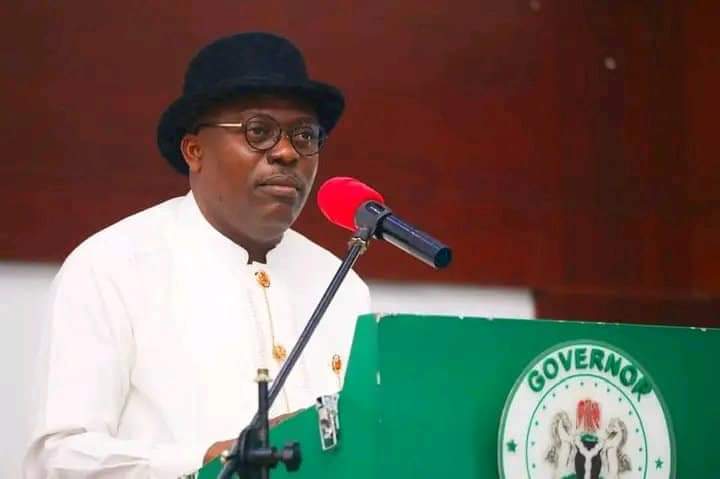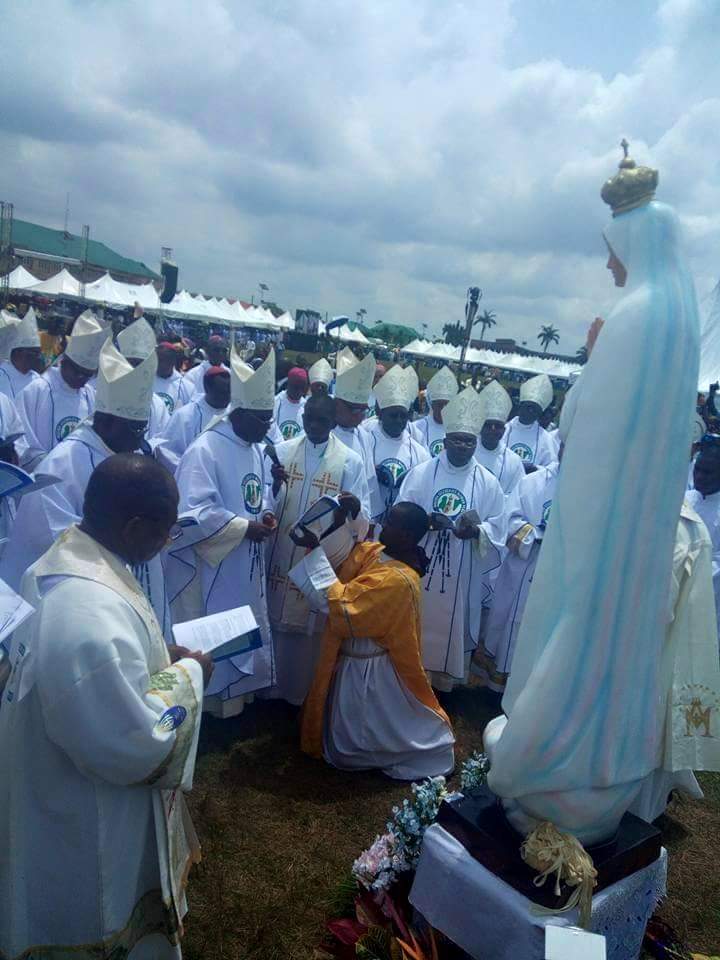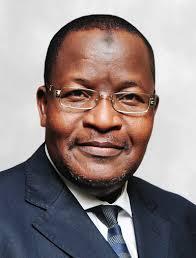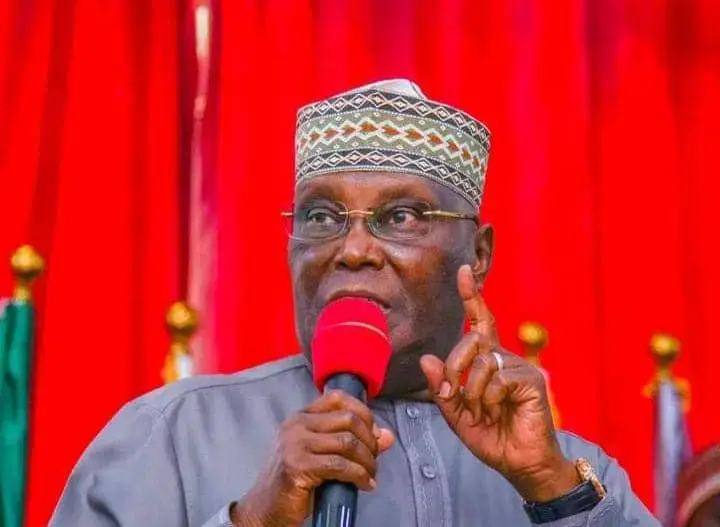Governor Siminalayi Fubara of Rivers State calls on Muslim clerics to play a vital role in preventing herdsmen from harassing communities, harming farmers, and destroying crops.
Fumara made the statement while disclosing the government’s commitment to protecting lives and property, and the consequences for those who engage in such acts.
Rivers State Governor, Siminalayi Fubara, has emphasized the importance of maintaining peace and security in the state during a visit by Muslim clerics from the Muslim Community.
Governor Fubara urged the clerics to take proactive measures in preventing herdsmen from harassing residents, attacking farmers, and causing damage to agricultural produce.
Commitment To Protecting Lives And Property
The primary objective of Governor Fubara’s administration is to safeguard the lives and property of all individuals within the state. This commitment has created an atmosphere of peace and tranquility, enabling the residents to celebrate various occasions without fear. However, the governor cautioned that any actions undermining the goal of creating a better Rivers State would be met with the full force of the law.
Putting An End To Destructive Activities
Governor Fubara expressed concern about the destructive activities carried out by some members of the Muslim community. While the government remains dedicated to protecting businesses, it cannot tolerate the actions of a few individuals who damage the livelihoods of others. The governor stressed the need to address this issue promptly and warned that failure to do so would result in legal consequences.
Swift Action Required
To address the rising concerns in various local government areas, Governor Fubara urged immediate action in curbing open grazing and violence in communities such as Ikwerre, Etche, Ahoada East, Ahoada West, and parts of Emohua. He urged the Muslim clerics to convey the message to those involved, emphasizing the importance of stopping harassment and violence against residents and farmers.
Ensuring Open Communication
Governor Fubara acknowledged the critical role of the Muslim community as stakeholders in governance. He assured them that his administration would maintain open communication channels to ensure their concerns and interests are addressed. The governor highlighted the significance of preserving the prevailing peaceful environment, enabling the community to engage in their businesses and worship without any form of disturbance.
A Pledge For Stability
The leader of the visiting delegation, Alhaji Nasir Awhelebe Uhor, Vice President General of the Rivers State Council of Islamic Affairs, pledged the Muslim community’s support for the policies and programs of Governor Fubara’s administration. He reassured the governor that the Muslim community would not engage in activities that use religion as a means of destabilizing the state.
By adhering to Governor Fubara’s call for vigilance and cooperation, the Muslim clerics can contribute significantly to maintaining peace, harmony, and sustainable development in Rivers State.











